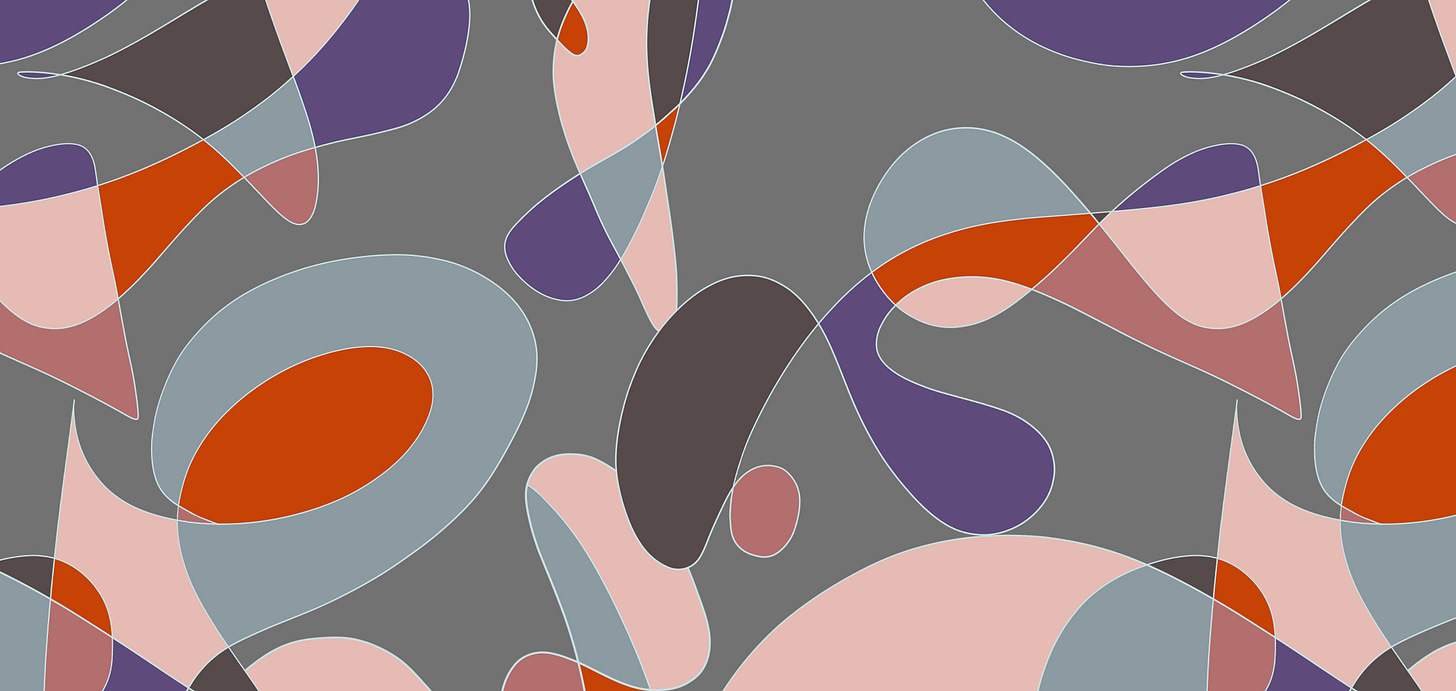4 Provocations on AI and collaborative innovation
AI and the workshop
Have you started experimenting with AI, and found it to be…alarmingly helpful? Sure, AI like ChatGPT or Bard (the popular large language models) can summarise large amounts of written material or highlight patterns and trends. But what’s the relevance to collaborative sessions you run for innovation, design and strategy? Below are a few provocations.
1. AI as replacement
What about running the session itself? Will AI let you get rid of the facilitator role entirely? At least one person has used ChatGPT to simulate a brainstorming session. No actual participants, hardly any time required…
Here’s how it works. First tell the AI the goal of the session and specify the ‘synthetic’ participants, such as ‘marketing manager,’ ‘UX designer,’ and a ‘veteran customer’. Next ask the AI to simulate ‘collecting’ challenges from the perspective of the participants and to choose the top challenge to work on. (Read about how ‘Collect’ is the first phase of a four-phase design thinking process for a facilitated workshop.)
Finally ask it to simulate brainstormed solutions from the group for the top challenges. (See this process in a twitter thread). You can even ask the AI to use specific brainstorming techniques like SCAMPER or ‘powers of ten’.
2. AI as assistant
After meeting at a quintessential English pub with a client to scope an upcoming workshop, I asked how ChatGPT would do it: how would you design a 2-hour facilitated session for 30 people from Xs, universities and humanitarian organizations, to identify future research directions for Y? (anonymised for client privacy.)
I was underwhelmed with the response, which was generic and broad. I also tested ChatGPT on a specific element of facilitation by asking, ‘what are the best exercises for the 'discover' or 'collect' phase of a design thinking workshop?’ Here the result was OK, but for me some of the suggestions, like ‘ideation,’ were out of place in the ‘collect’ phase. (More about non-AI sources of exercises for the different phases of a design thinking workshop.)
My prompts to the AI probably weren’t good enough to get insightful results. The new and essential art on the horizon is crafting good AI prompts.
3. AI as visual production crew
How will facilitators be able to use visual AI tools like Midjourney and Dall-E 2? In theory these tools allow you to create customized photo-real images that would be hard for you to capture yourself. For example, a new sustainable forestry tagging machine in the field or a particular restaurant kitchen scenario.
With images, there’s also a very technical component to the prompts. Here’s an example from an art context:
“a majestic throne room, at the dawn of time, glass paint, overglaze, ornament, time-lapse, photojournalism, wide angle, perspective, double-exposure, light, tones of black in background, ultra-HD, super-resolution, massive scale, perfectionism, soft lighting, ray tracing global illumination, translucid luminescence, crystalline, lumen reflections, in a symbolic and meaningful style, symmetrical –q 5 –s 4975 –chaos 15 –ar 16:9.” (Financial Times)
Some people are even selling prompt development services, and one can imagine a new consulting industry around it. For those of us who aren’t buying prompts, we’ll need to develop better prompt-writing skills.
4. AI as tool for participants during the workshop
Could participants in your workshop make use of AI during the session itself? Consider the ‘lightning demo’ exercise, where participants gather inspiration from other existing solutions that are analogous or related to the challenge the workshop is addressing.
Using an AI like ChatGPT could significantly improve the ‘search’ for relevant examples in different industries, companies or organisations. And these more numerous or relevant examples could lead to more inspiring new ideas.
Ethical concern
One important concern underlying AI results is that they use other peoples’ work, but without crediting or acknowledging it in the AI’s synthesized results.
How do you see AI’s role in collaborative innovation? Do you have a knack for writing AI prompts?



Interesting take Ann